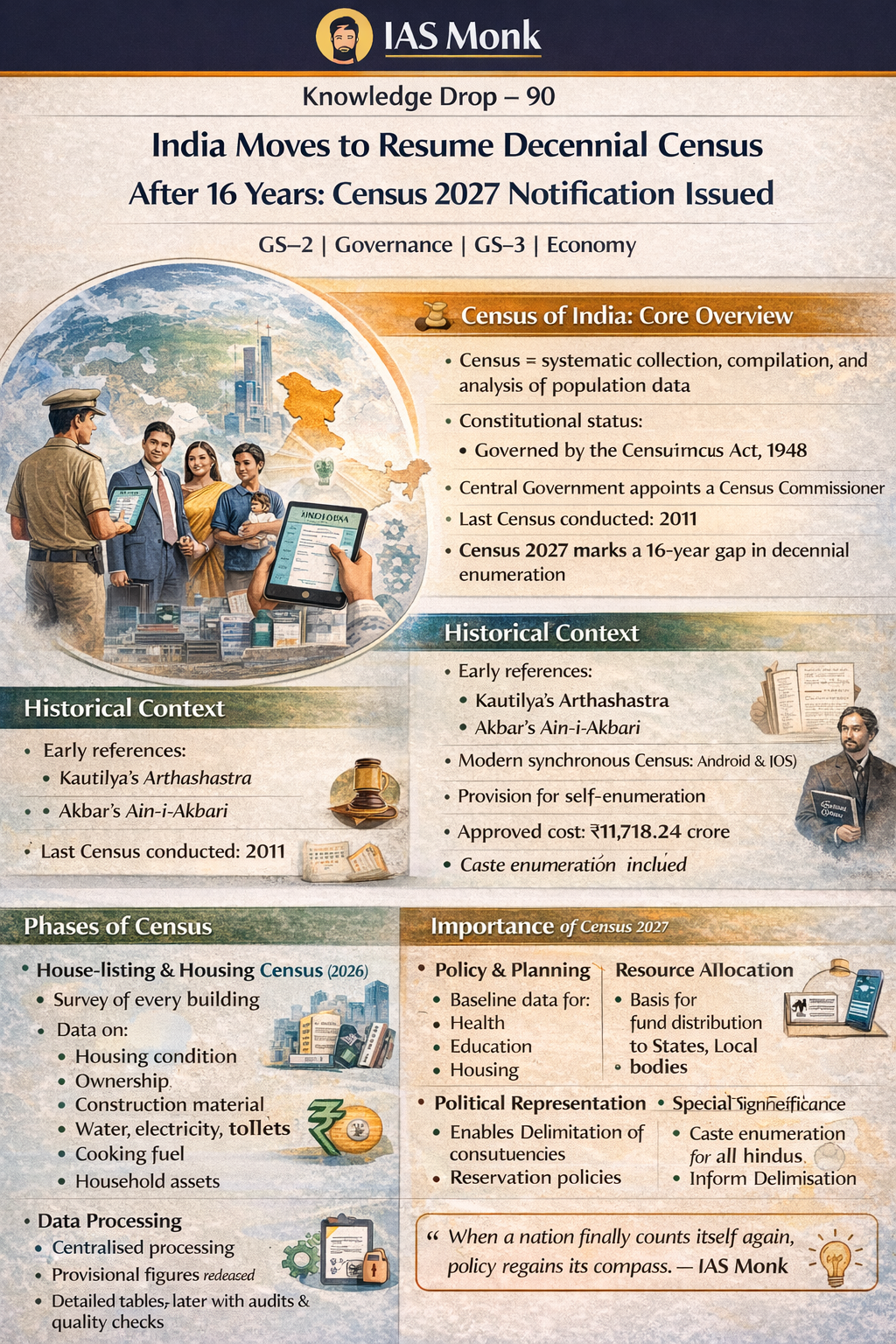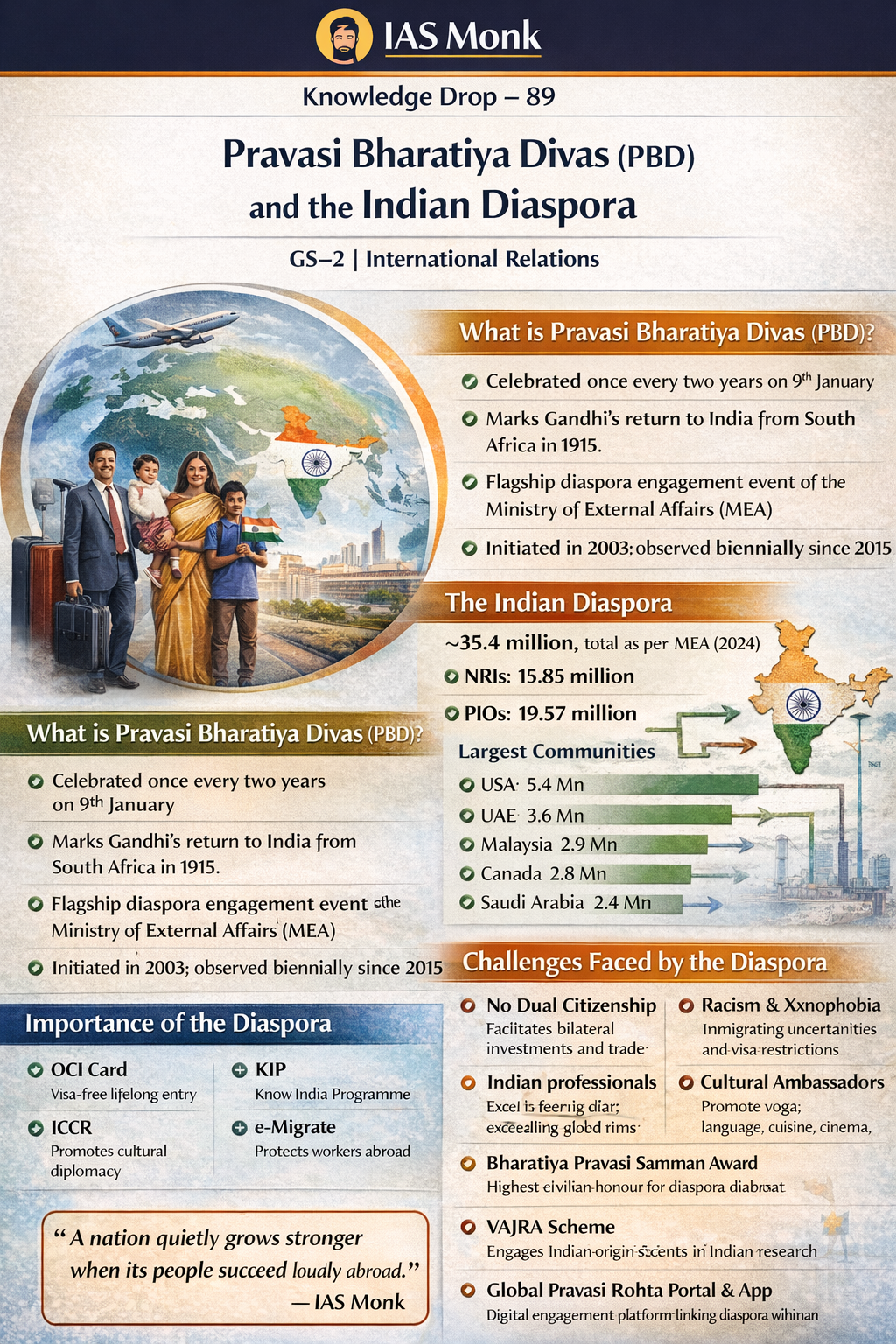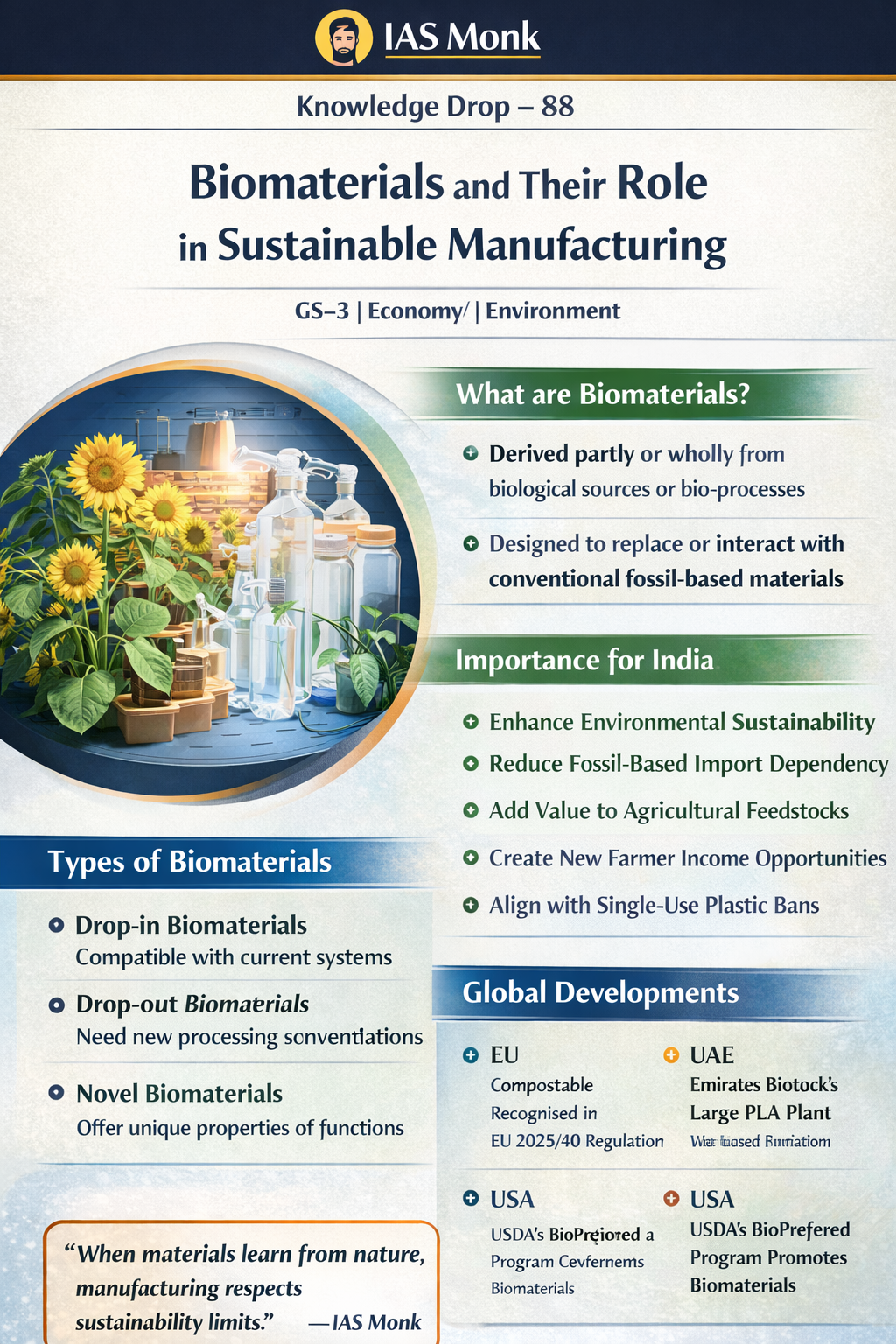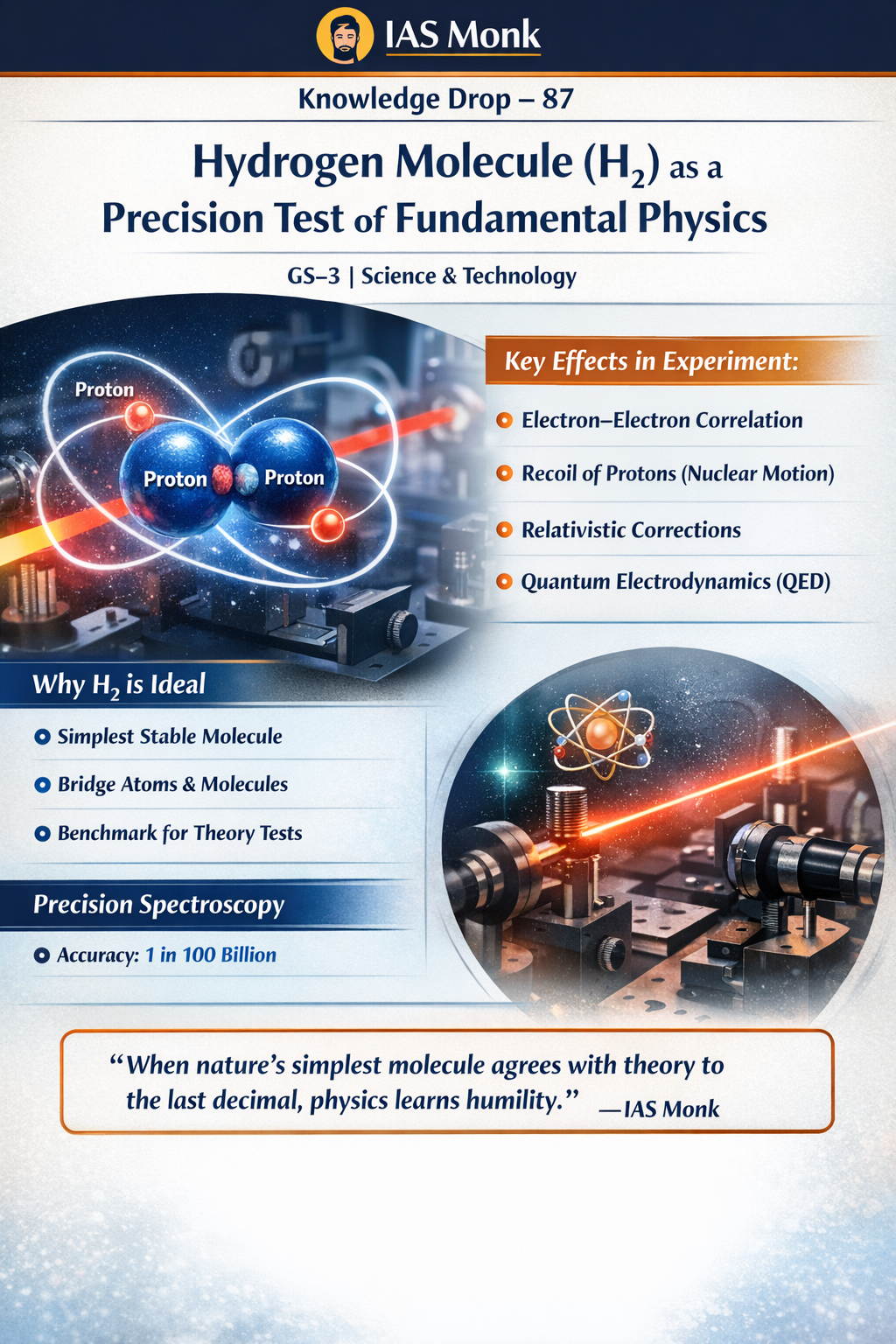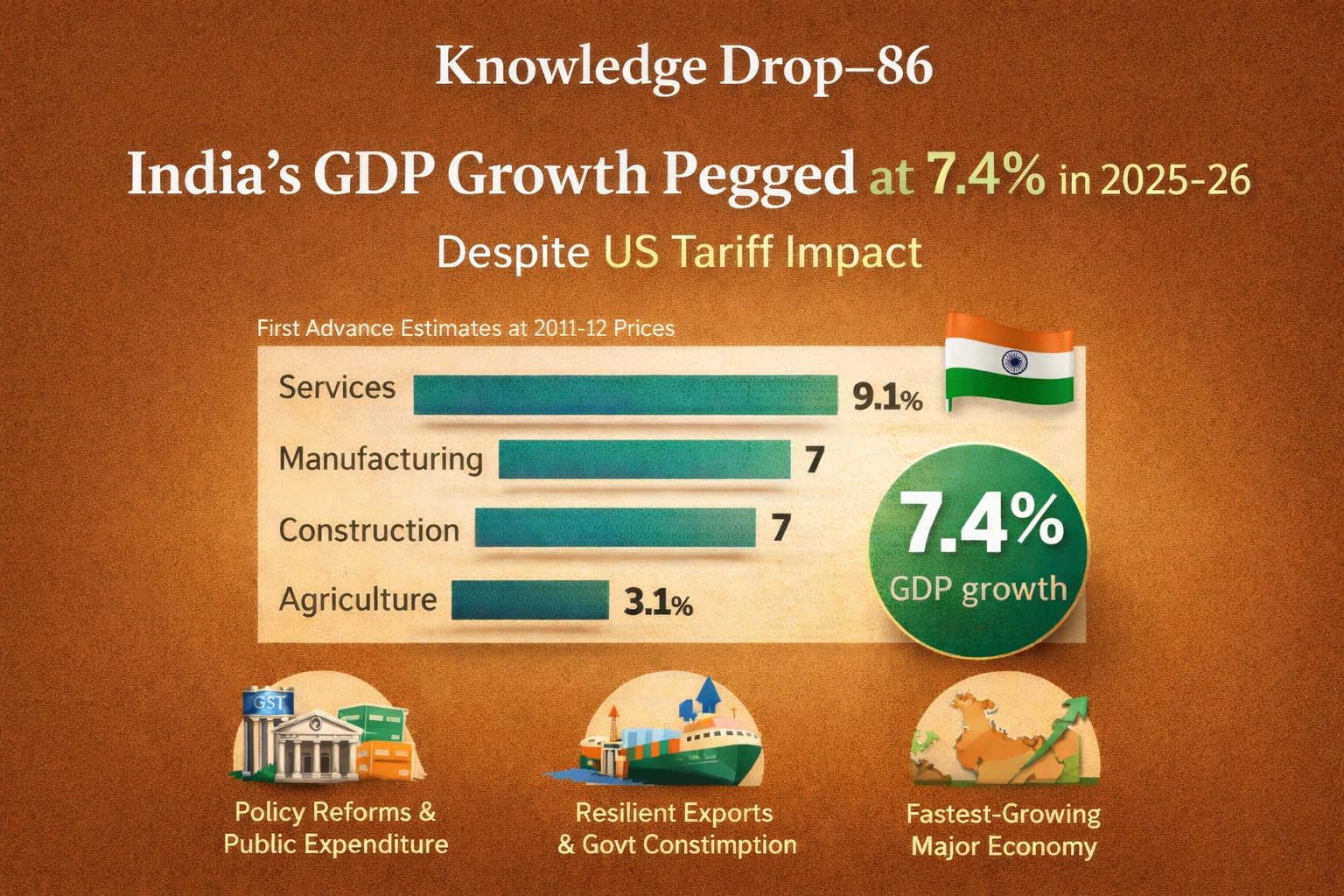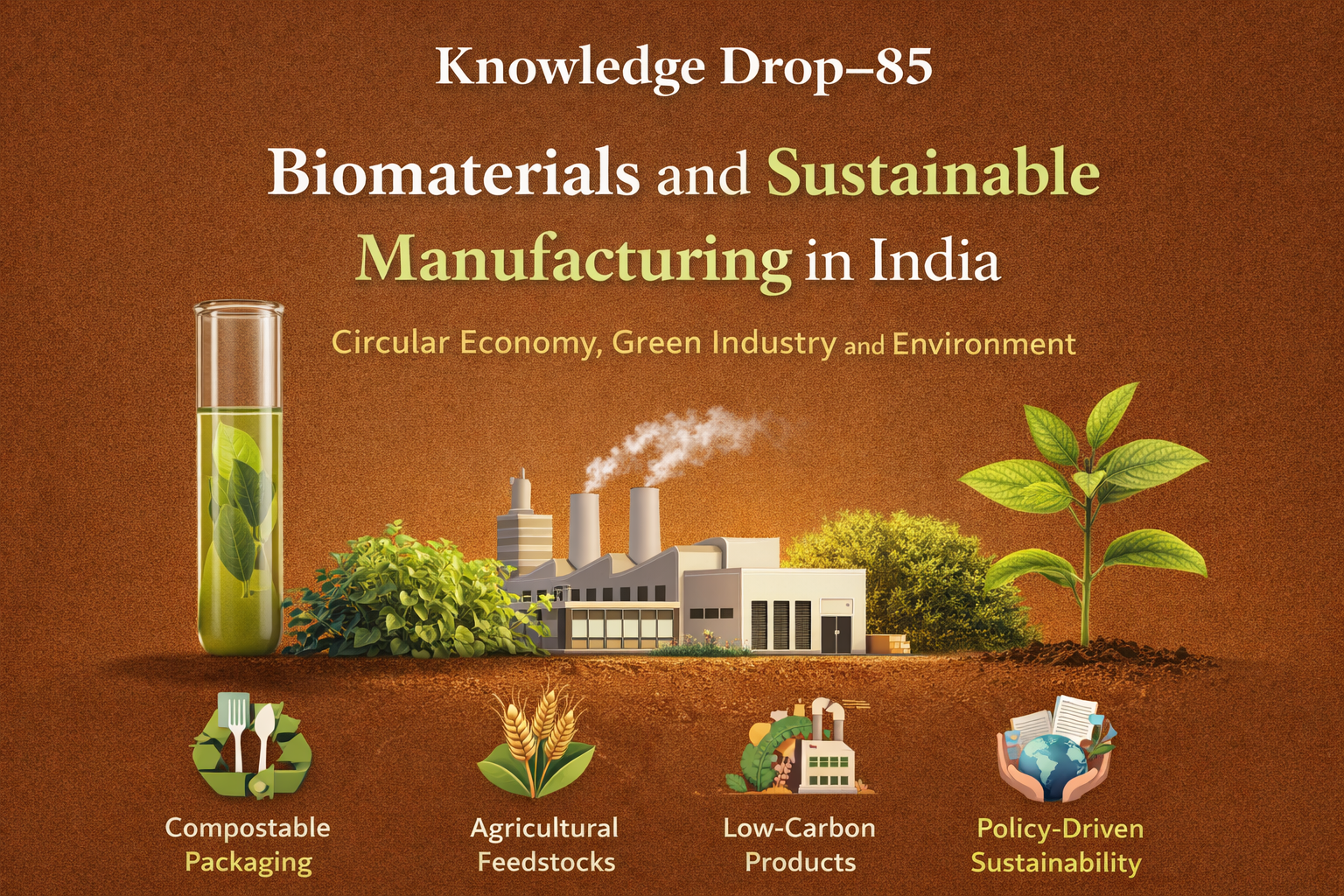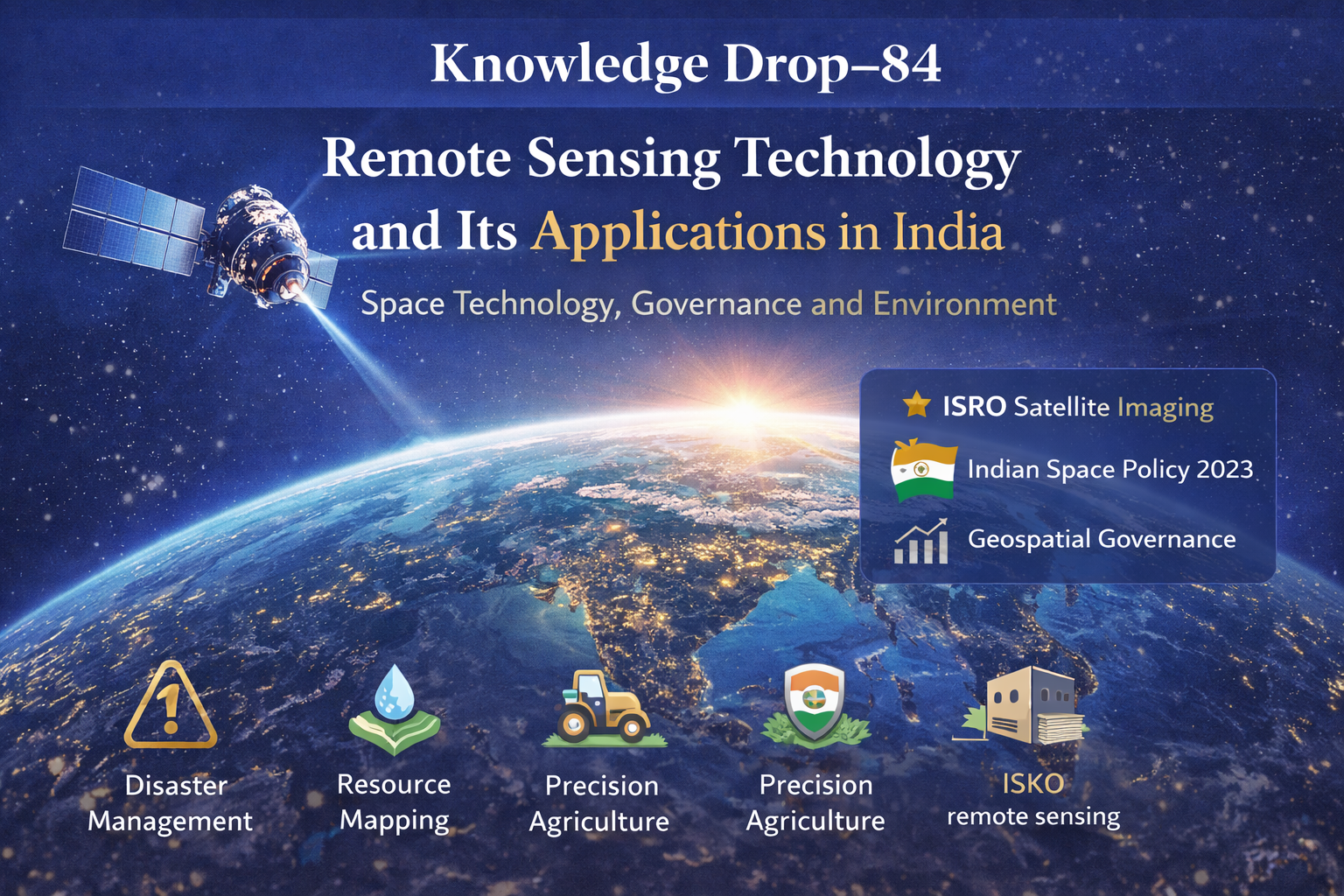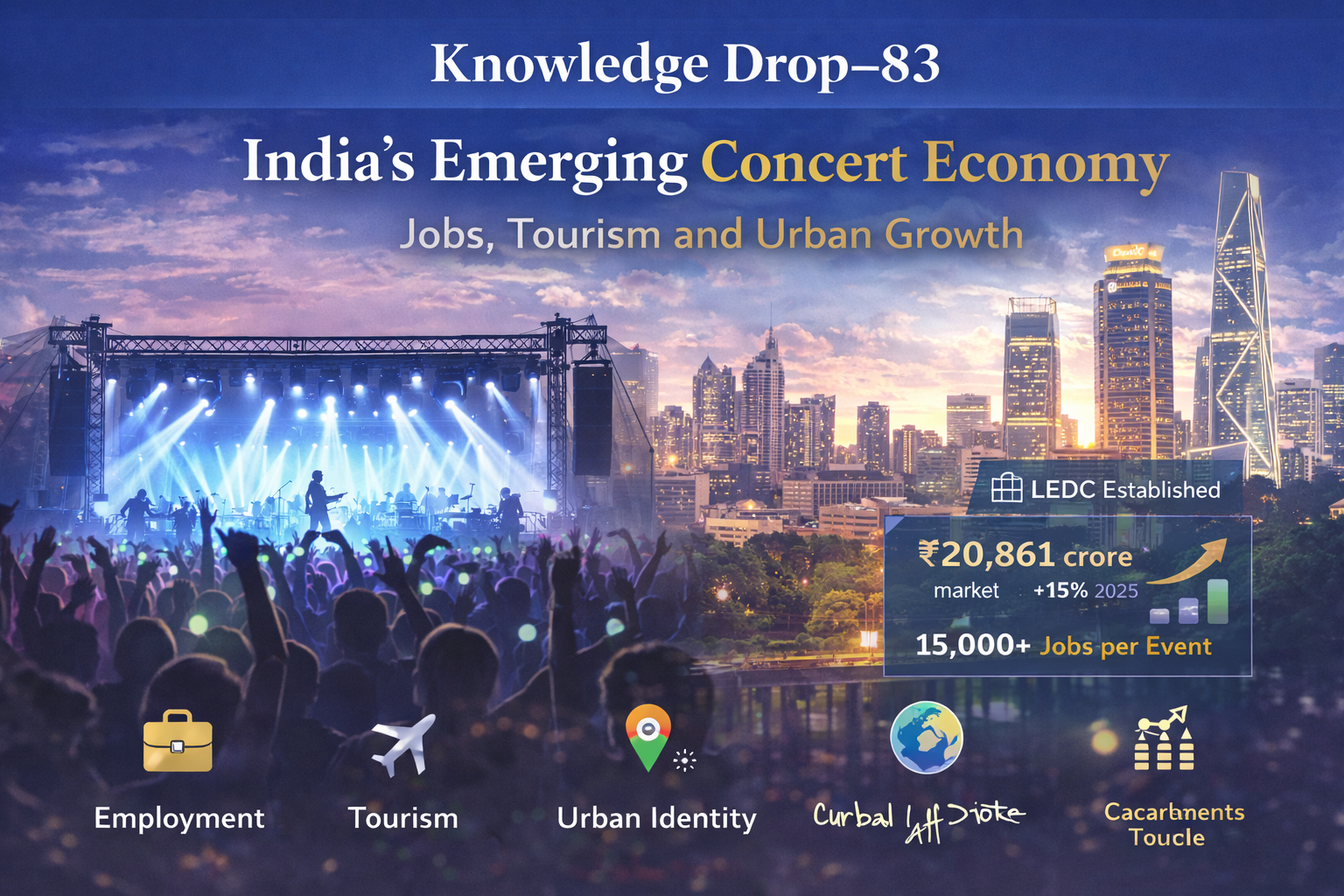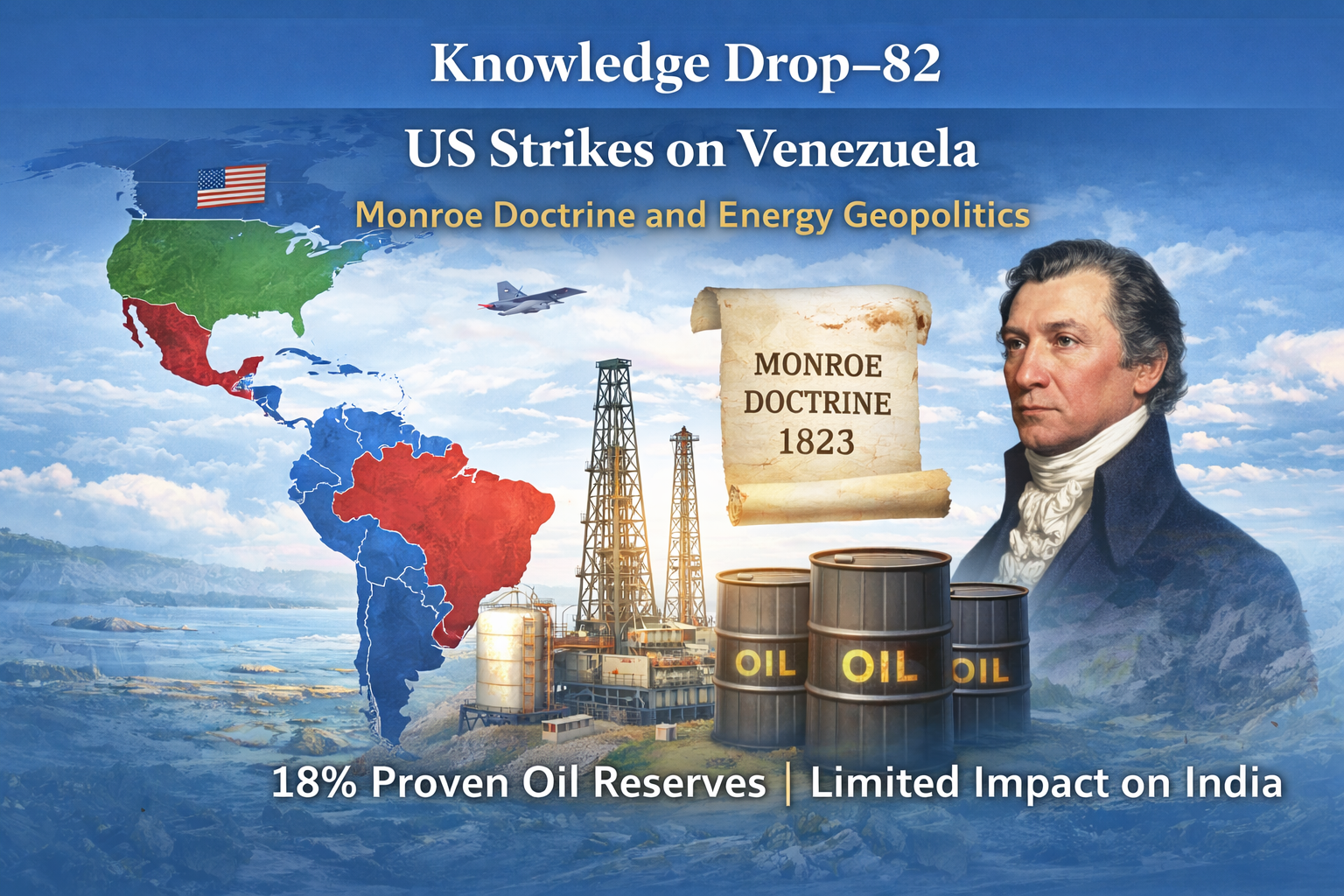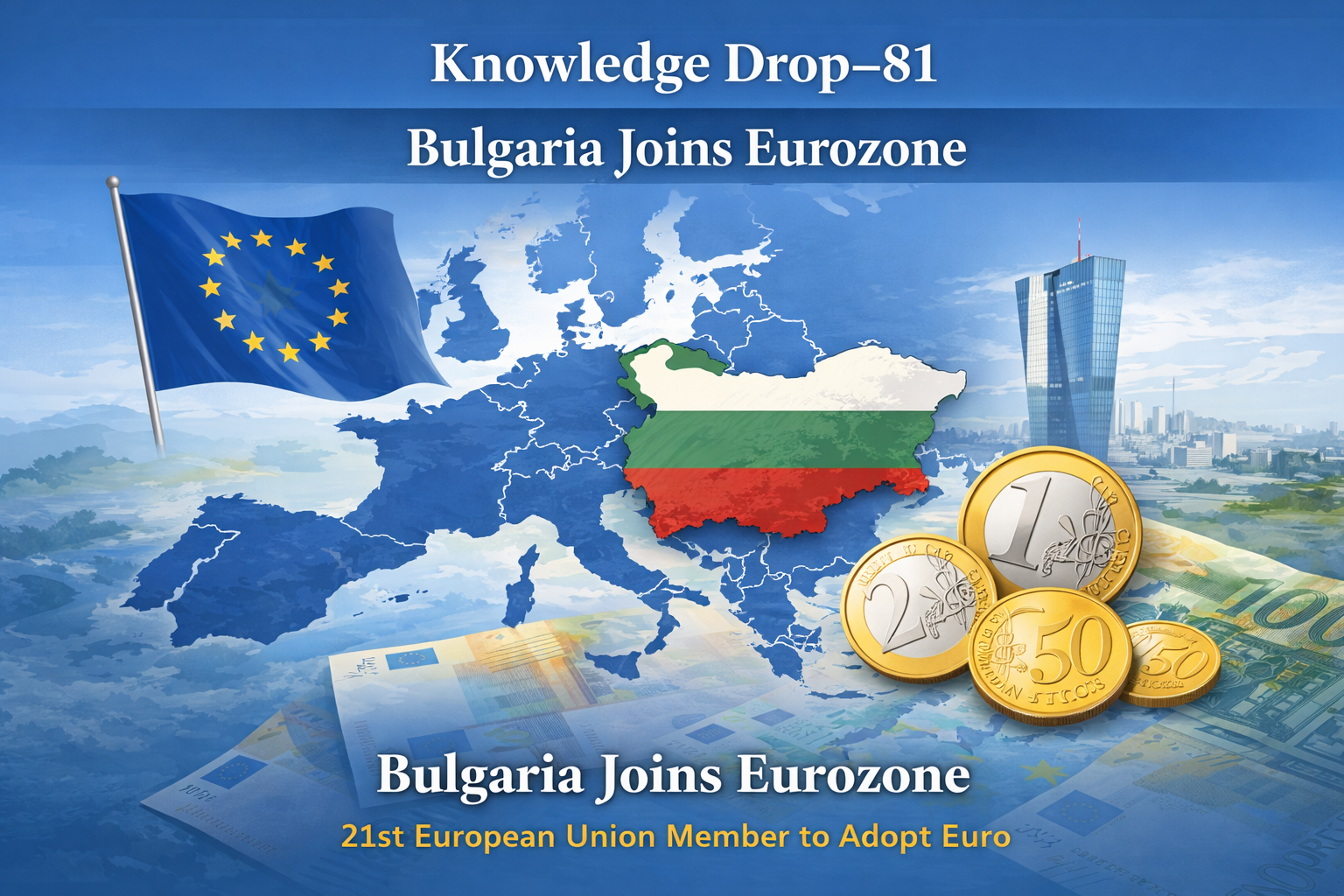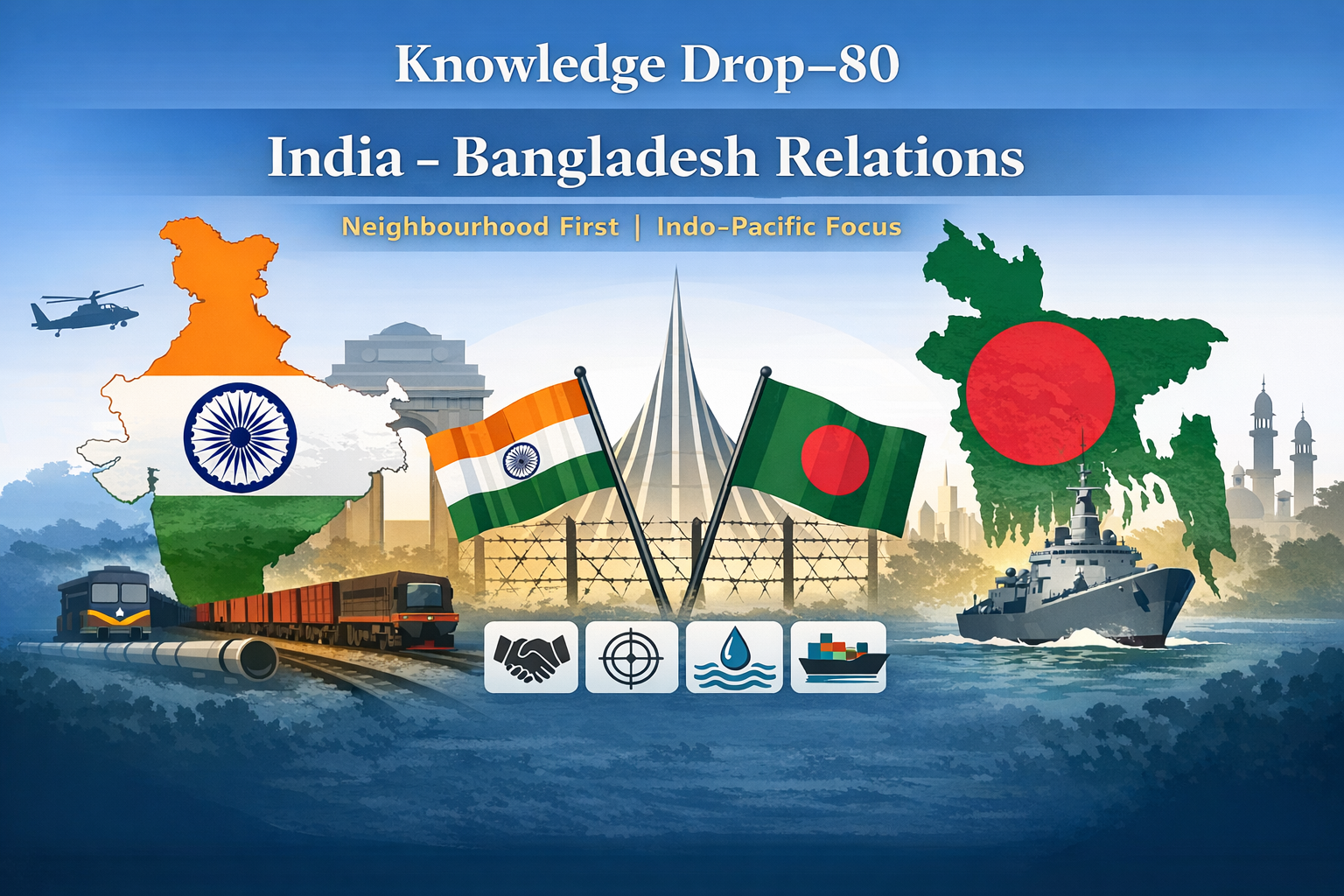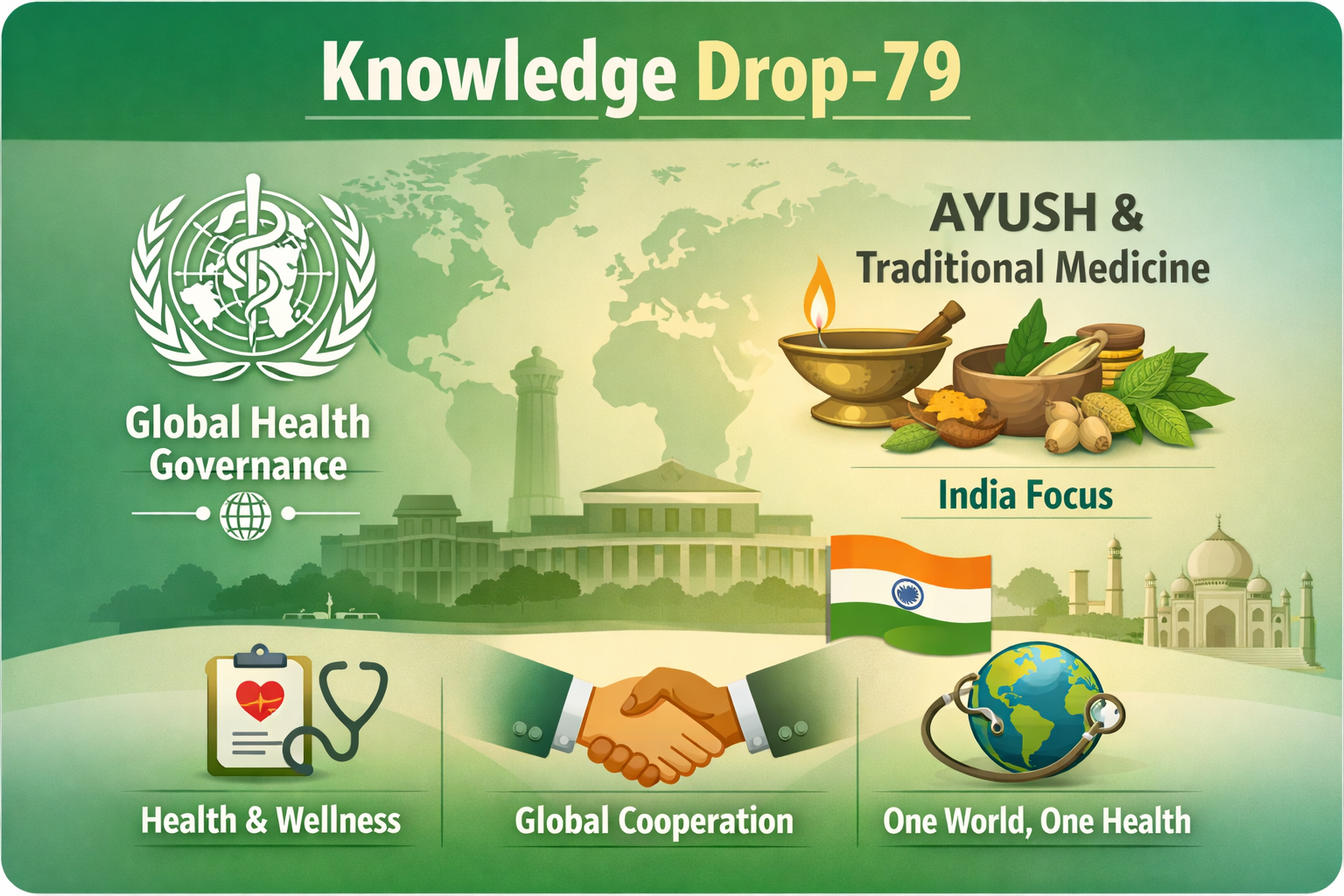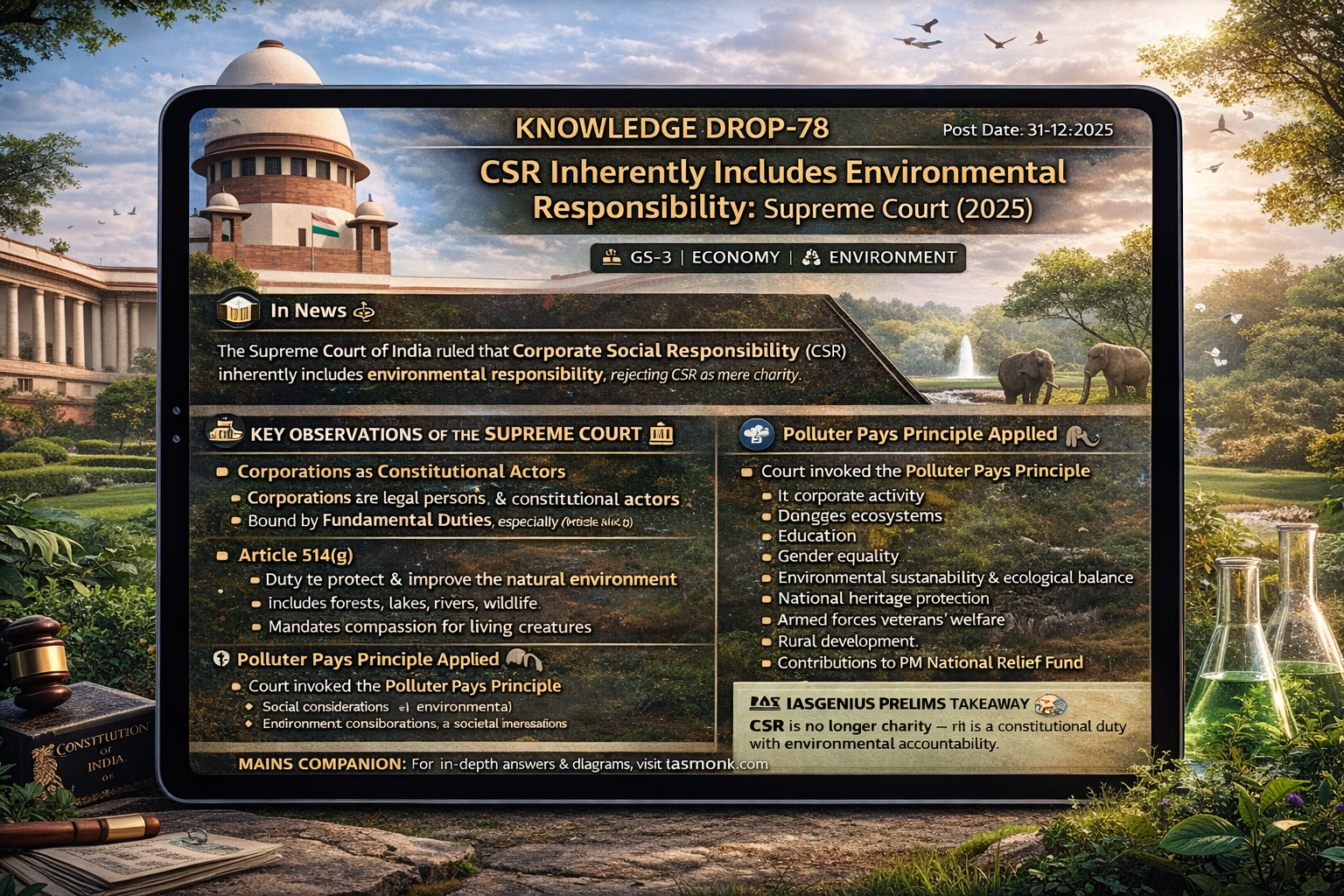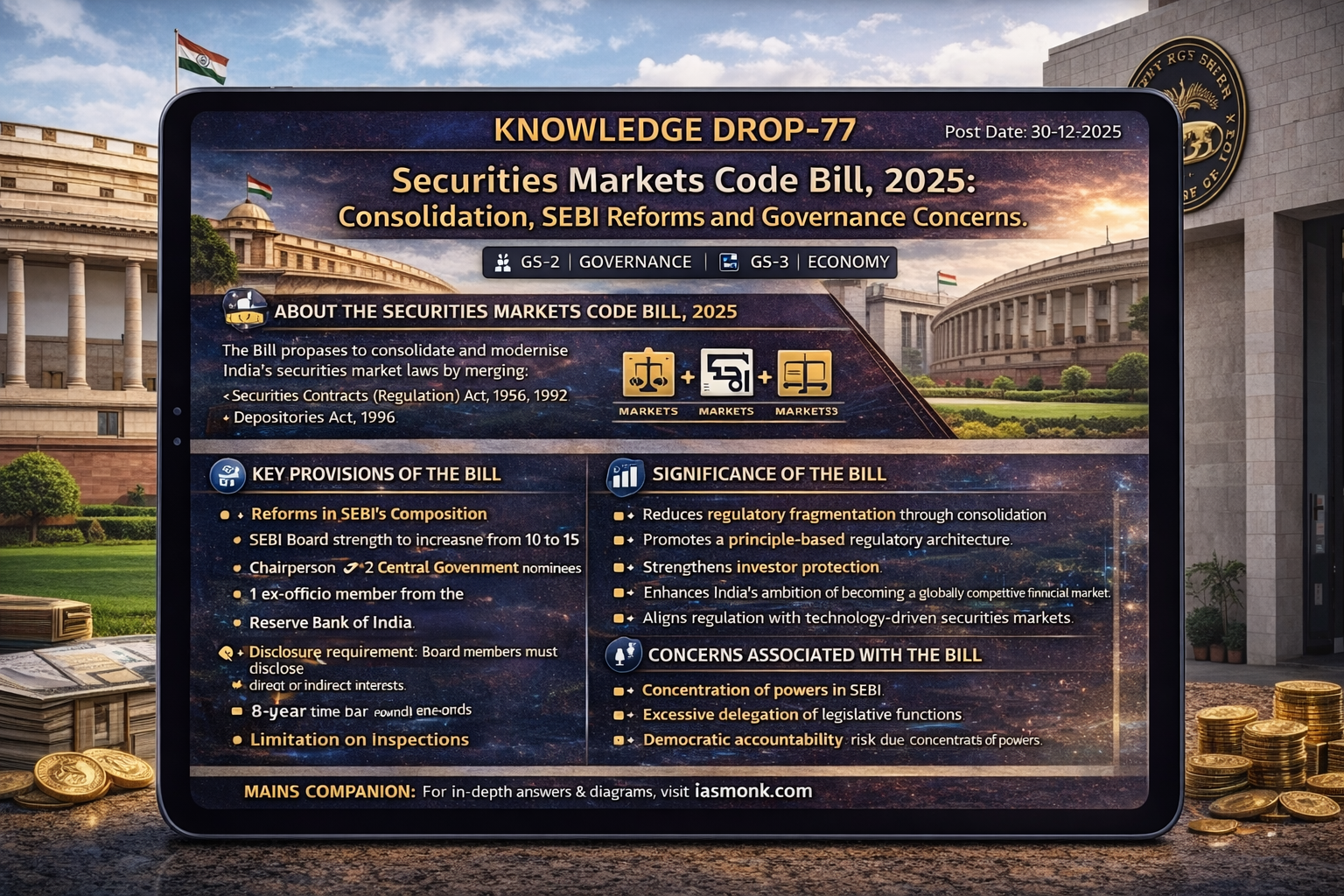
🧭June 20, 2025 Post 2: India–Croatia Ties Deepen: A Strategic Bridge to Central Europe | High Quality Mains Essay: INDIA–CROATIA: BUILDING BRIDGES IN THE HEART OF EUROPE | For IAS-2026 :Prelims MCQs
India–Croatia Ties Deepen: A Strategic Bridge to Central Europe

NATIONAL
📅Post Date : June 20, 2025
Thematic Focus: GS2 – International Relations / Strategic Diplomacy
Intro Whisper:
Amid the shifting geopolitics of Europe and Asia, India’s quiet but potent embrace of Croatia signals a new chapter in strategic diplomacy — one rooted in defence, trade, and deeper cultural threads.
🔹 Key Highlights:
- Long-Term Defence Partnership:
India and Croatia have agreed to formulate a long-term defence cooperation plan, including:- Joint military training
- Cybersecurity collaboration
- Industry-level defence production and personnel exchanges
- New MoUs Signed:
- Agriculture
- Cultural Exchange
- Science & Technology
- ICCR Chair of Hindi at University of Zagreb
- Investment & Technology:
- Focus on pharmaceuticals, clean and digital technologies, IT, semiconductors, and agriculture
- Boost to academic and space collaborations
- Mobility & People-to-People Links:
- A Mobility Agreement to be signed soon
- Enhanced educational, tourism, and business exchanges
🧭 Concept Explainer:
Why Croatia Matters for India’s Global Strategy
- Geostrategic Position:
Croatia’s position on the eastern Adriatic coast gives India access to Central and Eastern European markets — critical for the IMEC corridor and alternatives to Western European routes. - Trust & Values:
Croatia’s consistent support for India’s UNSC bid, its non-interventionist foreign policy, and skepticism of China’s BRI aligns closely with India’s global vision. - European Leverage:
As an EU and NATO member, Croatia offers gateway influence into Europe’s policy consensus-making, supporting India’s stalled India–EU FTA process.
🧭 GS Paper Mapping:
| Paper | Topic |
|---|---|
| GS2 | Bilateral Relations – India–Croatia |
| GS2 | India–EU FTA |
| GS2 | Multilateral Support & Diplomacy |
| GS3 | Technology & Defence Industry Cooperation |
🌱 A Thought Spark — by IAS Monk
“Not all bridges are built of steel — some are formed through respect, trust, and timing. In Croatia, India finds not just an ally but a window to a reshaped Europe.”
High Quality Mains Essay For Practice :
Word Limit 1000-1200
INDIA–CROATIA: BUILDING BRIDGES IN THE HEART OF EUROPE
GS2: International Relations
Introduction: From the Adriatic to the Indian Ocean
In an increasingly multipolar world where middle powers seek new strategic alignments, India’s diplomatic gaze has steadily shifted toward the often-overlooked corners of Europe. The recent decision to forge a long-term Defence Cooperation Plan between India and Croatia, along with agreements in agriculture, academia, and mobility, marks not just a bilateral milestone—but also a signal of New Delhi’s deeper European ambitions.
Croatia, a relatively young European state with a strategic Adriatic coastline and membership in both the European Union and NATO, offers India a platform for extended influence across Central and Eastern Europe. As traditional alignments shift and global supply chains recalibrate, the India–Croatia relationship—grounded in mutual respect, shared values, and pragmatic cooperation—may well become a cornerstone of India’s evolving European diplomacy.
A Brief Historical Overview
Despite limited engagement during the Cold War era, India and the former Yugoslavia (which Croatia was part of until 1991) maintained cordial relations. Yugoslavia’s leadership in the Non-Aligned Movement (NAM) found resonance with India’s foreign policy. However, with the disintegration of Yugoslavia and the violent aftermath, India’s attention remained peripheral until the region stabilised.
Formal diplomatic relations between India and independent Croatia were established in 1992, and over the years, both nations have signed agreements in cultural exchange, trade, scientific research, and tourism. The Croatian Embassy in New Delhi and India’s Mission in Zagreb serve as diplomatic gateways. However, due to Croatia’s modest economic size and India’s focus on larger EU powers like Germany and France, the relationship remained undernourished for decades.
The Present Moment: Defence Diplomacy and a Broader Horizon
In 2025, we are witnessing a remarkable acceleration in this once-sleepy bilateral partnership. During PM Narendra Modi’s state visit to Zagreb—the first of its kind—the two countries unveiled a Long-Term Defence Cooperation Plan. The plan includes:
- Joint military training and personnel exchanges
- Cybersecurity collaboration
- Defence production partnerships
- Exchange of strategic technologies and equipment
Beyond defence, India and Croatia signed MoUs in agriculture, cultural exchange, science & technology, and committed to hosting an ICCR Chair of Hindi Studies in Zagreb, strengthening the soft power dimension of the relationship.
Further, the countries committed to enhanced investment in key sectors—clean technology, digital infrastructure, pharmaceuticals, and semiconductors. Academic institutions will now jointly conduct research projects, adding substance to cultural and scientific exchanges.
India also announced that it would share expertise in space exploration, a powerful signal of India’s emergence as a trusted global science and technology leader.
Strategic Significance of Croatia for India
1. Maritime Gateway to Europe
Located along the Eastern Adriatic Sea, Croatia holds immense potential as a maritime and logistics partner for India. With disruptions in traditional sea lanes through the Red Sea and Suez Canal, Croatia offers an alternate trade route through the Mediterranean into Central and Eastern Europe.
India’s ambitions under the India–Middle East–Europe Corridor (IMEC) could find a key node in Croatia’s ports like Rijeka and Split, enabling Indian goods to access European markets with greater efficiency.
2. Access to Central and Eastern Europe (CEE)
Croatia borders several nations—Hungary, Slovenia, Bosnia & Herzegovina, and Serbia—that form part of the broader CEE region. This region is witnessing rapid economic transformation and is hungry for foreign partnerships beyond Western Europe and China. Croatia provides India with a geostrategic springboard into this dynamic zone.
3. A European Ally without Overdependence on China
Unlike several Western European economies that are deeply tied to China through trade or BRI-linked investments, Croatia maintains a measured distance from Beijing. This positions it as a credible, like-minded partner in India’s push for democratic and sustainable development models that challenge China’s opaque and debt-heavy approach.
4. Institutional Linkages via EU and NATO
As a full-fledged member of the EU and NATO, Croatia offers India an indirect conduit into European regulatory, defence, and security conversations. Though not a leading power, Croatia often plays a balancing role in EU debates, especially regarding EU expansion, climate change, and foreign policy consensus-building.
Additionally, Croatia’s backing of India’s UNSC permanent membership bid and its support for the stalled India–EU Free Trade Agreement indicate strong multilateral alignment.
Shared Values and People-to-People Ties
India and Croatia share a foundation built on democracy, multiculturalism, and respect for sovereignty. Both nations have emphasized rule-based international order, which is increasingly relevant amid growing global tensions.
People-to-people connections are now being institutionalised through a mobility agreement—set to enhance tourism, student exchange, and professional migration. Croatia’s universities have begun offering India-specific modules, and Indian cultural festivals are gaining traction in cities like Zagreb and Dubrovnik.
The Way Forward: Diplomacy of the Future
To harness this momentum, India and Croatia must now craft a joint strategic vision built on seven foundational pillars:
- Defence & Security
Expand the defence roadmap to include joint R&D, cybersecurity protocols, and naval cooperation in the Adriatic and Indian Oceans. - Technology and Space
Establish an India–Croatia Space & AI Taskforce, facilitating joint experiments and startup incubation. - Climate Cooperation
Collaborate on climate adaptation, green hydrogen, and carbon-neutral technologies, aligning with EU Green Deal frameworks. - Trade & Infrastructure
Finalize investment frameworks for logistics, ports, and pharmaceuticals. Use Croatian ports as alternative hubs for Indian exports. - Cultural Diplomacy
Promote deeper cultural integration through language programs, film co-productions, and reciprocal tourism circuits. - Academic Partnerships
Launch a Joint Centre for Cold Climate Research, pooling expertise from Indian polar science and Croatian glaciology. - Diaspora & Tourism
Simplify visa regimes and offer mutual incentives to travel and hospitality sectors.
Conclusion: Diplomacy Beyond Big Powers
The India–Croatia partnership underscores the evolution of India’s foreign policy into one that no longer sees Europe as a monolithic West, but as a diverse landscape with regional actors who matter.
Croatia—once peripheral in India’s strategic vision—is today emerging as a bridge to a newer, pluralistic Europe that seeks alternatives to great-power dominance. In choosing to work with smaller but principled and stable partners like Croatia, India is crafting a more resilient, values-driven, and multi-vector diplomacy.
As the Adriatic winds meet the monsoon breeze, India and Croatia are scripting a quiet but significant chapter in their shared journey toward peace, prosperity, and planetary cooperation.
Target IAS-26: Daily MCQs :
📌 Prelims Practice MCQs
Topic:India–Croatia Ties
MCQ 1 – Type 1: How many of the above statements are correct?
Q. Consider the following statements regarding India–Croatia Defence and Strategic Cooperation:
1. The recently signed Long-Term Defence Cooperation Plan includes joint military training and cybersecurity collaboration.
2. India and Croatia are working on a mobility agreement to facilitate people-to-people exchanges.
3. Croatia has shown reluctance toward supporting the India–EU Free Trade Agreement (FTA).
4. India and Croatia have a space collaboration track under which India is sharing expertise.
How many of the above statements are correct?
A) Only two
B) Only three
C) All four
D) Only one
🌀 Didn’t get it? Click here (▸) for the Correct Answer & Explanation
✅ Correct Answer: B) Only three
🧠 Explanation:
•1) ✅ True – Joint training and cybersecurity were explicitly mentioned in the Defence Cooperation Plan.
•2) ✅ True – A mobility agreement was announced to ease movement for students, tourists, and professionals.
•3) ❌ False – Croatia has expressed strong support for the early conclusion of the India–EU FTA.
•4) ✅ True – India has offered to share its space expertise with Croatia.
MCQ 2 – Type 2: Two Statements Based
Q. Consider the following two statements:
1. India and Croatia signed an agreement to develop a deep-sea naval corridor between the Adriatic and Indian Oceans.
2. Croatia supports India’s bid for permanent membership in the UN Security Council.
Which of the above is/are correct?
A) Only 1 is correct
B) Only 2 is correct
C) Both are correct
D) Neither is correct
🌀 Didn’t get it? Click here (▸) for the Correct Answer & Explanation
✅ Correct Answer: B) Only 2 is correct
🧠 Explanation:
•1) ❌ False – No such naval corridor has been proposed.
•2) ✅ True – Croatia has officially backed India’s UNSC permanent membership bid.
MCQ 3 – Type 3: Which of the statements is/are correct?
Q. Which of the following statements are correct regarding India’s engagement with Croatia?
1. Croatia is a member of both the European Union and NATO.
2. India and Croatia have signed a Memorandum of Cooperation in polar and cold climate research.
3. The India–Middle East–Europe Economic Corridor (IMEC) sees Croatia as a peripheral member with no strategic role.
Select the correct code:
A) 1 and 2 only
B) 1 and 3 only
C) 2 and 3 only
D) 1, 2 and 3
🌀 Didn’t get it? Click here (▸) for the Correct Answer & Explanation
✅ Correct Answer: A) 1 and 2 only
🧠 Explanation:
•1) ✅ True – Croatia is a full member of both NATO and the EU.
•2) ✅ True – India’s NCPOR signed a cooperation MoU with Polar Canada, which includes cold region research with European states like Croatia.
•3) ❌ False – Croatia is seen as a key node in IMEC due to its Adriatic port access and EU location.
MCQ 4 – Type 4: Direct Fact
Q. Which Indian organisation signed a cooperation MoU for cold climate research that includes collaboration with Croatia?
A) DRDO
B) ISRO
C) NCPOR
D) MoEF&CC
🌀 Didn’t get it? Click here (▸) for the Correct Answer & Explanation.
✅ Correct Answer: C) NCPOR
🧠 Explanation:
•C) ✅ True – The National Centre for Polar and Ocean Research (NCPOR) signed a Memorandum of Cooperation with Polar Canada and collaborates with Croatia on polar research initiatives.

